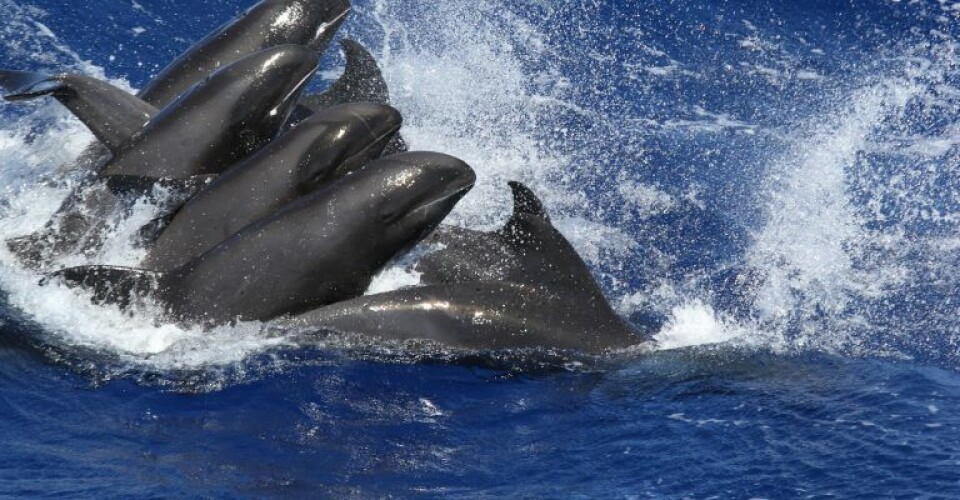Human-generated noise harming all marine life

Scientists warn that the overall health of the oceans is being damaged by human noise.
A major scientific assessment has found that human noise is detrimental to the ocean soundscape and is harming all marine life, reports the Guardian. The report says a cacophony of noise is as harmful to the world’s seas as overfishing, pollution, and the climate crisis.
Due to the way water transmits sound, marine animals can hear over much farther distances than they can see or smell, making sound a crucial element of life under the waves. The good news, says the report, is that the detrimental effects stop as soon as the sound does.
Everything from whales to shellfish use sound to locate food, navigate and find a mate, and noise pollution can raise the risk of death and in the case of explosion, kill instantly.
And, as an added burden on marine life, fossil fuel use increases seawater acidity, meaning sound travels even further, making the oceans even noisier.
Prof Steve Simpson of the University of Exeter says: “Everything from the tiniest plankton up to sharks sense their acoustic environment… As a result, the animals have to produce sound to communicate, but also to receive sound.” He said noise pollution was like an “acoustic fog” in the ocean.
The review, published in The Journal of Science, did offer some solutions to the problem and says that technological innovation offers some hope, including the use of better propeller designs, electric motors, speed reductions, and using surveys that use seabed vibrators rather than sending sonar pulses through the entire water column.
Simpson said that “cutting noise is possibly the lowest-hanging fruit to make a difference and we can change that today… I have real hope that we will hear healthier oceans in our lifetime.”










